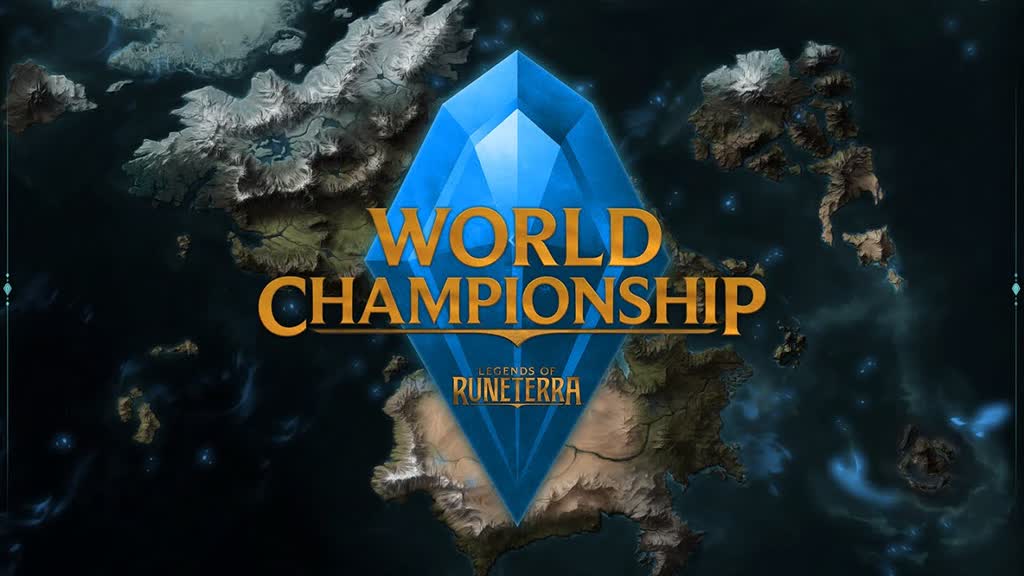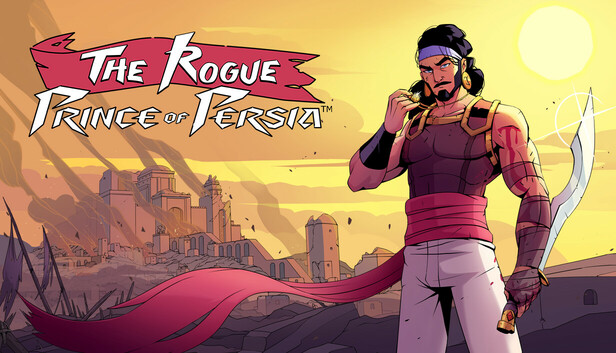Last month, Atlus released “RAIDOU Remastered: Super Power Corps Chronicles” on multiple platforms including the Nintendo Switch 2. This title is a high-definition remaster of the PlayStation 2 game “Devil Summoner: Raidou Kuzunoha vs. The Soulless Army,” originally launched 19 years ago. Beyond just updating the visuals, the remaster incorporates numerous modern gameplay and content improvements, earning a 94% positive rating on Steam.
RAIDOU has always stood out among Atlus’s JRPGs due to its action-oriented combat system, which contrasts with the traditional turn-based style. Players can capture various demons encountered in the game, similar to Pokémon mechanics. The protagonist, Raidou Kuzunoha, is characterized by a straightforward, energetic, and warm-hearted personality, a rarity among JRPG heroes who often have more reserved or complex traits. This unique hero archetype often appears as a rival in other JRPGs.
Interestingly, the remaster’s title omits the “Devil Summoner” series name, focusing instead on the protagonist Raidou Kuzunoha. This change has sparked speculation among fans about whether this marks the beginning of a new series or reflects Atlus’s strategic choice for this release timing.
We interviewed Kazuchika Yamai, the producer and director of the remaster, who also directed the original game 19 years ago and contributed to major titles like “Shin Megami Tensei III: Nocturne Maniax,” “Shin Megami Tensei IV,” and “Shin Megami Tensei V.”
Yamai shared that the original game was created during Japan’s economic downturn and global instability, including events like 9/11 and the Iraq War. They aimed to craft a hero who could inspire hope and vitality during tough times. Raidou was designed to stand out in the generally bleak and apocalyptic “Megami Tensei” series as a symbol of energy and resilience.
Regarding the title change, Yamai explained that the remaster is not a simple HD port but includes new systems like the “Abaddon King” gameplay mechanics and various optimizations based on feedback from a new generation of developers. They wanted to avoid overshadowing the original by merely overwriting it. Additionally, fan recognition of the character “Raidou” is higher than the series name, so emphasizing the protagonist in the title made sense.
The remaster is an independent project, but the team is open to continuing the series if the reception is positive. Potential future projects include a remaster of “Abaddon King” and new entries.
The original game’s action-oriented combat was designed to deepen the player’s connection with demons, featuring real-time cooperation and negotiation mechanics. The remaster enhances this with smoother combat flow, new boss mechanics, and expanded character abilities, enriching both gameplay and demon relationships.
Yamai also addressed cultural differences, noting that while Japanese players may not be familiar with all demon mythologies, the game provides detailed demon profiles to help players learn and appreciate them.
Finally, Yamai expressed excitement about bringing “Raidou” to the global audience, especially Chinese players, encouraging them to experience the game and share their feedback.
This remaster not only revitalizes a beloved classic but also highlights the enduring appeal of JRPGs that blend action, story, and unique character dynamics.



